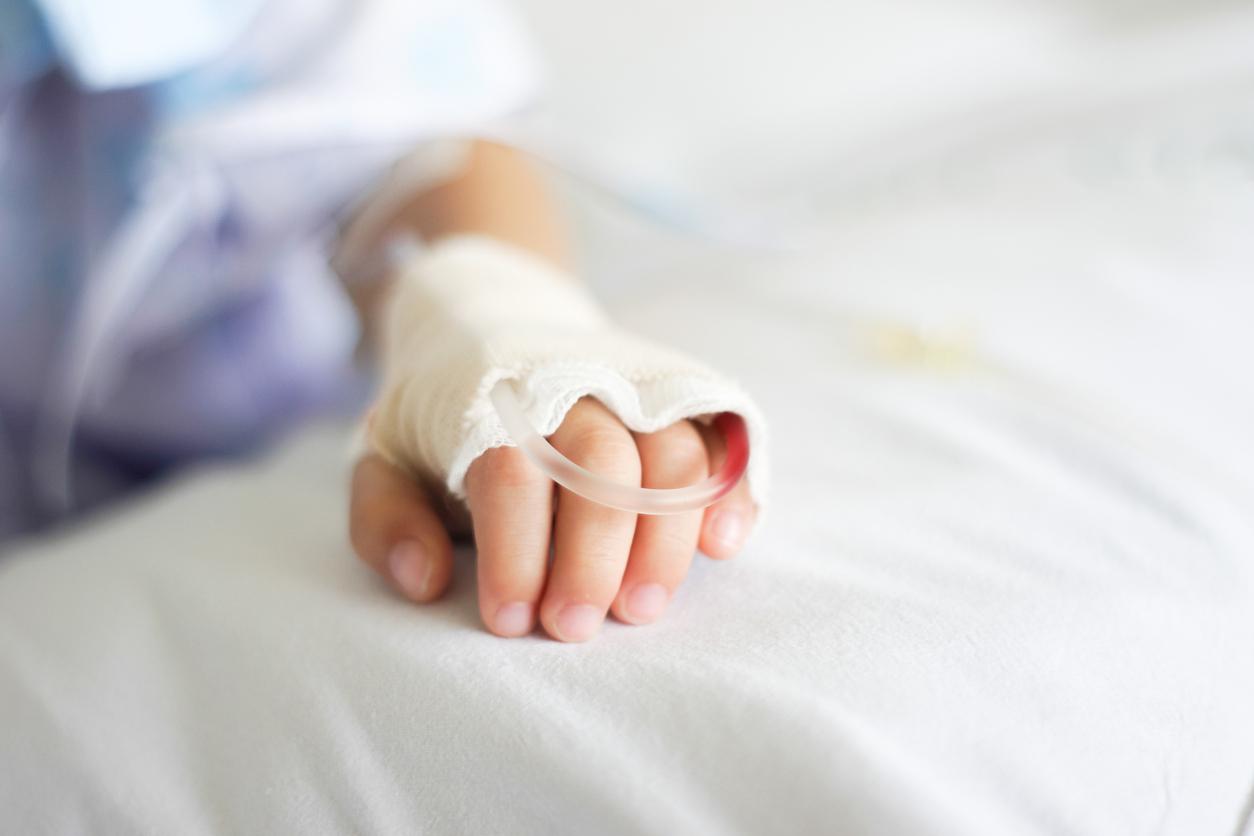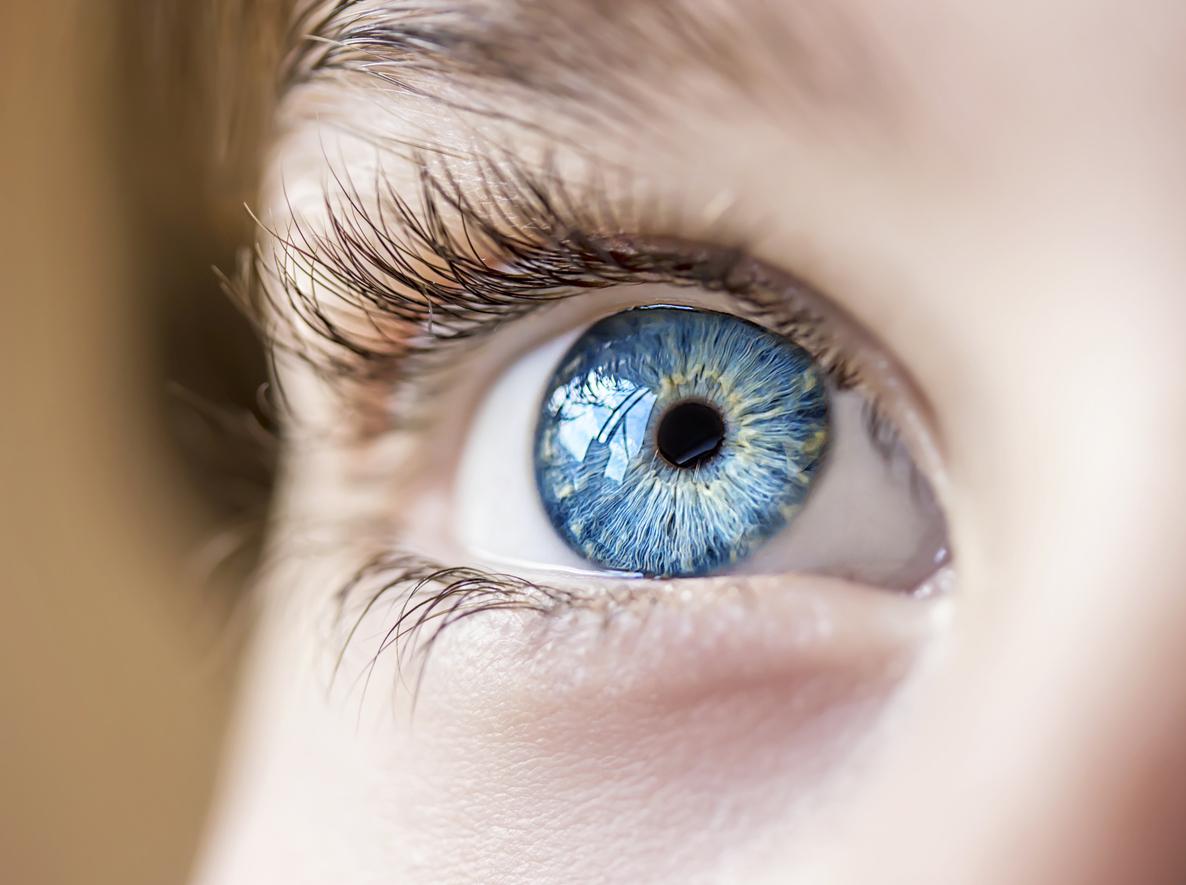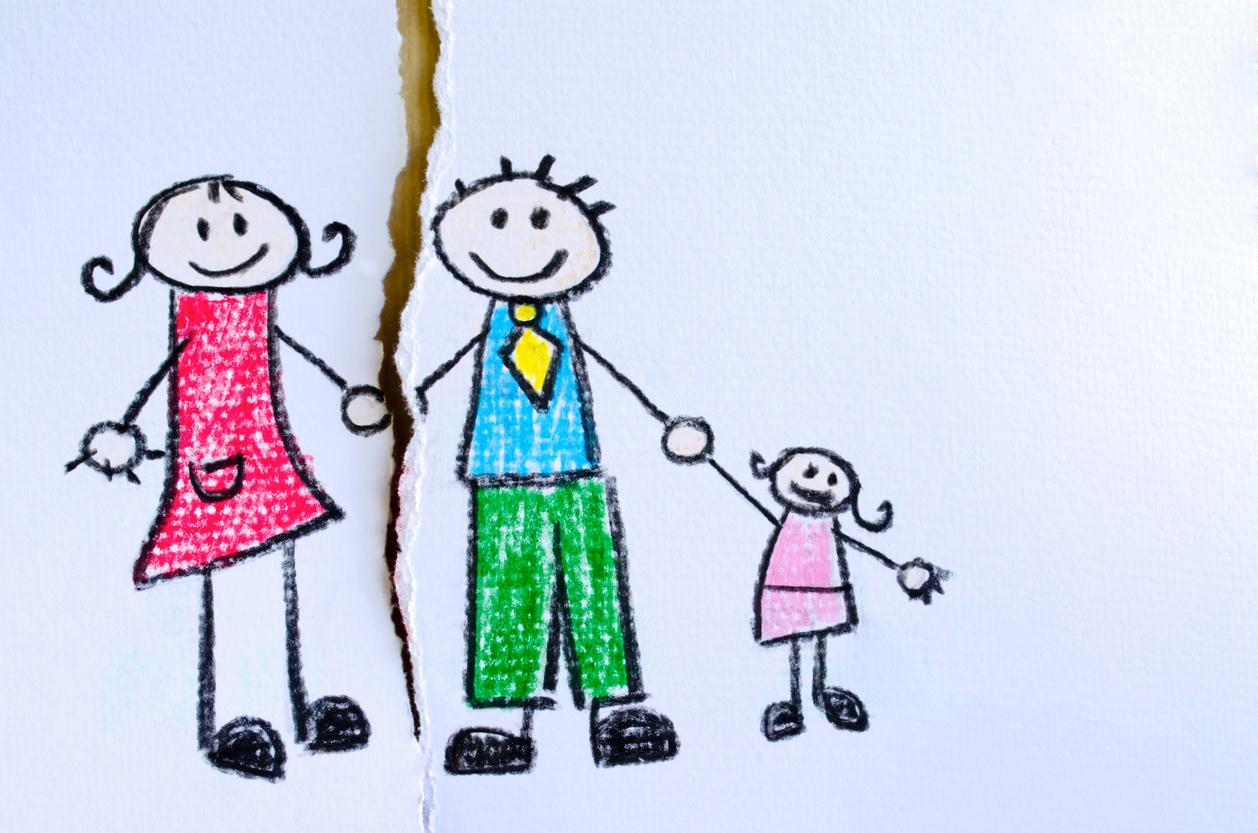On this World Awareness Day, Olivia Cattan, mother of three children and president of the SOS autisme France association, tells the story of her autistic son and gives us her own feelings.
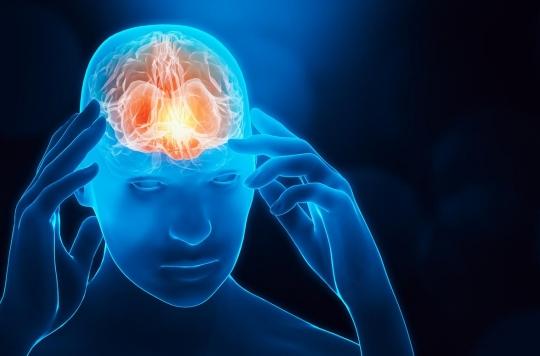
– Why doctor – You are a mother of two grown daughters and a 15 year old autistic son. When did you start to identify differences in your youngest?
Olivia Cattan- I noticed that my son was different quite early, because I had two daughters before him; I was familiar with the developmental stages of children. At home, everything was changing in a strange way. Sometimes we thought he was going to be very early, and at other times we were afraid he would be late. For example, at nine months, he got up suddenly and started to walk, without going through the four-legged box. Besides that, he was super attracted to television commercials, which he watched on repeat. He was also able to find them very, very early on the computer. On the other hand, he could neither chew nor swallow, I had to mix everything for him. He also didn’t respond to his first name when called. Moreover, he slept very little at night, and barely two hours during the day.
– How was the diagnosis of autism made?
A Francis Perrin film that I saw on television put me on the track of autism. I started to do a lot of research, I went to see all the doctors possible and imaginable, I toured the hospitals… But no one was able to make a clear diagnosis, I was constantly told that it had too early. Finally, after two and a half years of wandering, my son was diagnosed with autism by his child psychiatrist. He was 4 years old.
– Were you surrounded enough at the time?
Not at all. My daughters’ pediatrician didn’t know what to do, nor did the child psychiatrist he referred me to. Same in hospitals. I was tossed from doctor to doctor, without anyone ever providing us with answers or solutions. This has generated a great deal of uncertainty and anxiety for us. With my spouse, we lived like zombies, while working. I remember a very bad time.
– Has your child’s autistic disorder impacted your daily life?
My son’s autistic disorder has impacted my daily life in many ways. I first gave up my job as a journalist to take care of him, because I didn’t have time to do both. As a result, the consequence was also financial, because we could only count on my companion’s salary. The relationship with the rest of the siblings was also disturbed, because I was ultra-focused on my son. I saw my friends a lot less.
Finally, and we cannot say it enough, my son’s disorder also weakened my couple, even if we are still together today. The psychoanalyst whom we ended up consulting did nothing more than sow discord between us. Most parents of an autistic child end up divorcing, in particular because each blames each other, when neither of them has something to do with it.
– Do you consider autism as a disease?
I prefer to speak of “disorder” rather than “disease”. For me, autism is not a disease, because we do not know how to cure this condition with drugs. For now, the origin of autism remains mysterious, there are only avenues of research.
– Are all people with autism alike?
Not at all, autism is a plural disorder, whose evolution over time is multiple. In my association, we have children who are extremely different from each other. My son has nothing to do with Asperger’s autism for example, or heavy autism (I use this term, but I don’t like it).
– Do you suffer from clichés about autism? And your son?
I personally suffer from clichés about autism of course, it is moreover to fight against that I created my association. Even when people want to do the right thing, they still convey so many prejudices about autistic people: we take them either for profound morons, or for geniuses, whereas they may well be neither one nor the other. Most people with autism don’t cover their ears either. The false information that abounds on the Net about ASDs only worsens the phenomenon, because people are persuaded to be right.
My child also suffers from prejudice against him. In playgrounds, being called autistic is a common insult today, which has replaced that of “Mongolian”. It happened to my son recently, which hurt him a lot. Some teachers are also very clumsy.
– Where is your son today?
As a child, my son was diagnosed with “severe non-verbal autism”, a label implying that he would never do anything. Today, he is in third place in an ordinary college, with an overall average of 14. He has always been in non-specialized schools, I fought a lot for that: I was even his AVS (school assistant) for two and a half years.
My son has made progress on many things, but he remains autistic and always will be. At the level of his language, for example, a certain rigidity persists, and the words he uses are sometimes too complicated. He also suffers from hygiene-related ocds, which worsened with Covid-19. For fear of germs, he can wash his hands for more than 10 minutes.
With adolescence, he also becomes aware of the gaze of others. He regularly complains of being rejected, and of not having enough friends. It’s not easy for him.
– How does he see his future?
My son wants to go to high school, but national education clearly wants to get rid of him, on the pretext that he will not have AVS next year. It was suggested to me to send him to a hotel school, or to steer him towards the private sector. However, my son is already going to school on his own today, and is doing well. It is an intolerable injustice. Faced with this wall, we plan to move to find a solution…
– Do you think there are things to improve for people with autism in France?
Three things seem important to me:
– First, to be able to take care of autistic children directly, with specialist doctors, who are still far too few in number.
– Then, provide more financial assistance to parents of autistic children. Only speech therapy is now covered by Social Security. All the rest of the care (psychological, psychomotor, etc.) is the responsibility of the parents, and is very expensive. With my spouse, we can no longer pay them.
– Finally, we need more AVS. For this, it is necessary to improve their deplorable working conditions. It is not up to the teachers to compensate for this lack.

.









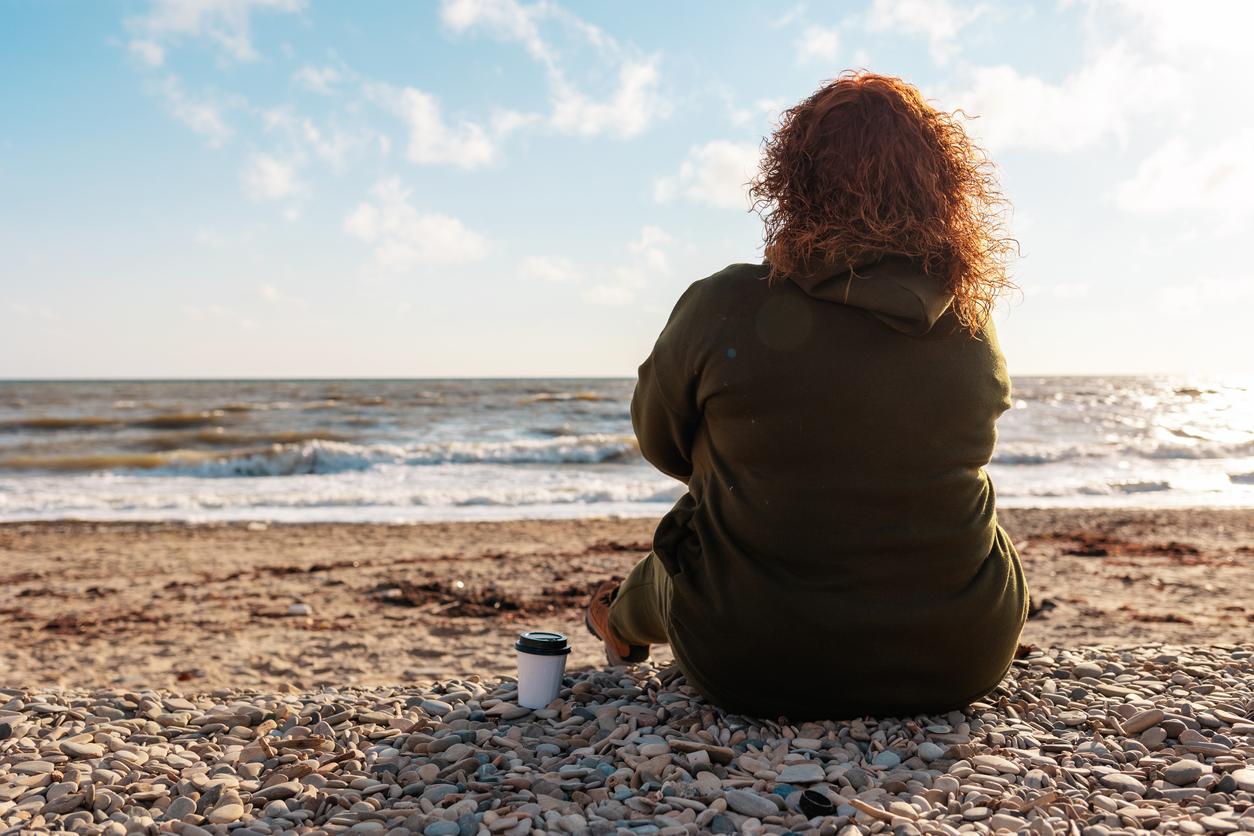
-1740653386.jpg)
